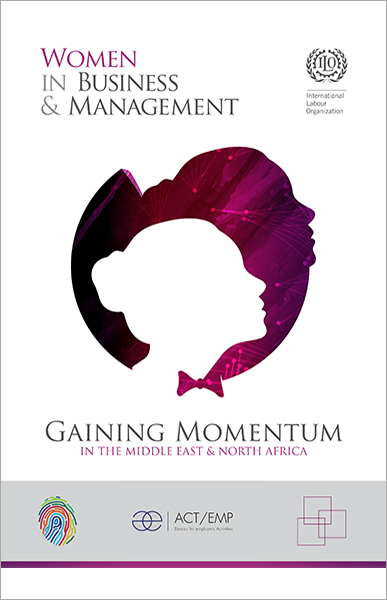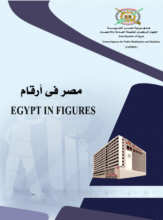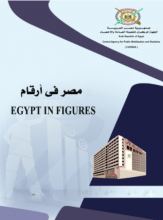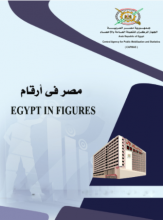Gender

There is no doubt that women have made important gains in the global economy. Today, a third of the world’s enterprises are run by women and their management skills are increasingly recognized. There is increased evidence and recognition that gender-balanced and diverse management teams at all levels of hierarchies produce positive business outcomes. Improved labour market participation rates of women is increasingly correlated with higher levels of growth and gross domestic product. Yet, gender stereotypes across all social and cultural contexts limit women’s economic contribution and benefits. Thus, the enormous talent pool that women represent with their ever-higher levels of education goes largely untapped.
The International Labour Organization (ILO) launched a global report in 2015 “Women in Business and Management: Gaining Momentum” providing an overview of the situation of women in business and management globally and highlighting their important contribution in private sector management. A conference was held in London in April 2015 to further explore the topics. A regional report “Women in Business and Management: Gaining Momentum in Asia and the Pacific” was also published in 2015 and a conference on the same topic was held in Singapore in July 2015. This current regional report adds a geographical lens and sheds light on the particularities of the Middle East and North Africa (MENA) region, with regard to the same gender issues.
Women in the MENA region have been progressing in the economy, following similar global trends, and have been positioning themselves at more prominent business and management levels. Still their full potential remains underutilized, resulting in significant missed opportunities for economic development in the region.
View PDF
Related Topics
-
Egypt in Figures - Population 2022
2022"Egypt in Figures" is a booklet issued each year by the Central Agency for Public Mobilization and Statistics (CAPMAS). It contains the most...Read More -
Egypt in Figures - Education 2022
2022"Egypt in Figures" is a booklet issued each year by the Central Agency for Public Mobilization and Statistics (CAPMAS). It contains the most...Read More -
Egypt in Figures - Economy 2022
2022"Egypt in Figures" is a booklet issued each year by the Central Agency for Public Mobilization and Statistics (CAPMAS). It contains the most...Read More


